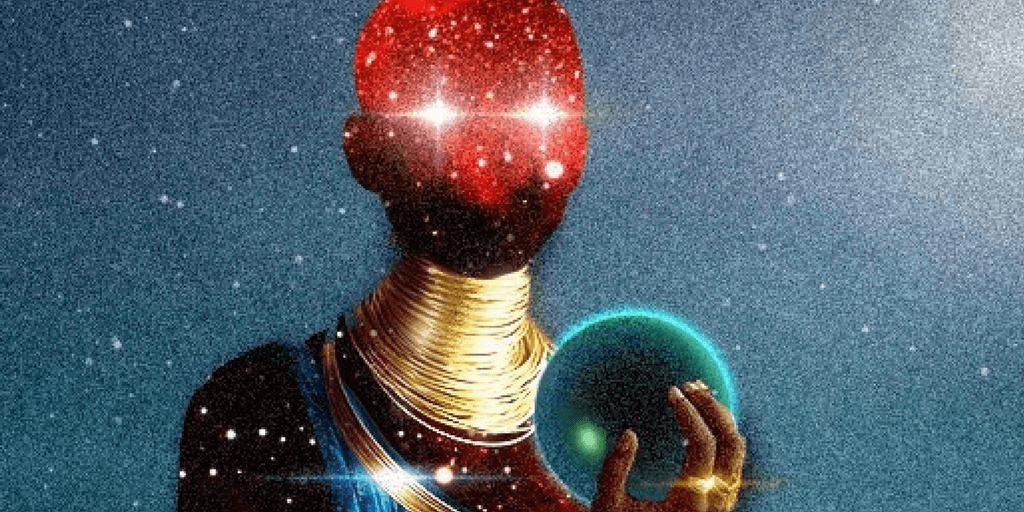OK – found some time to look Niti Bhan up. She gets around. Here is her bio: Log In ‹ Perspective — WordPress. Niti is an interesting person with interesting ideas about African informal economies, but she is not African – she is Indian, went to high school in Kuala Lumpur, college in London plus Bangalore plus Ahmedabad plus Chicago, MBA from Pittsburg, now earning Ph.D. at Aalto Uni in Finland. So very very much global elite. “Her dissertation topic will cover the adaptation of design methodology for systemically lowering the barriers to adoption of novel technologies in challenging operating environments, particularly the rapidly digitalizing informal economy of sub Saharan Africa.” What we used to call “appropriate technology” when I was an Econ grad student in the 80s – of course what is available and what is appropriate has changed a lot.
Bhan has a TED talk (https://youtu.be/d0a0eXJ5TJM) from Aug 2017 in which she talks about informal traders and the obstacles they encounter. These are not hugely different from small business people and informal service providers in poor areas of American cities, and I suspect of every city. I know something about such businesses in Houston through my students, and they face obstacles that are to some extent comparable – I cannot agree more that such micro businesses should be assisted in order to release economic potential among the poor – I have been working on such a project on a very small scale.
The prepaid economy has to do with having to pay for everything in advance. The chart she showed in a 2014 article states that this model doesn’t apply to North America, but I absolutely declare that it does – only among the poor – again, this is the way my students live, and those among them who are entrepreneurs operate precisely this way. Finance is a desperate need if we are to unlock this potential, but no one in the United States, including Black-owned businesses, are willing to enter the market – the margins are too small, the entrepreneurs too unreliable, etc. By the way, among my friends who are in some kind of business who live on Indian reservations in the US (usually handicrafts, from rank amateurs to accomplished artists), the situation is the same.
Muhammad Yunus’ Grameen Bank is an attempt to address this problem. I have studied Grameen Bank’s work off and on since the 80s, and have an idea which has changed over time. When I first encountered it, I thought it was great – more recently I think it still only partly addresses this need for business finance. If you are aware of Grameen Bank, it was formed in 1983 to offer very small loans to groups of mostly women – recent studies suggest that the help it provides mostly does not enable these women to climb to the next stage of business, but only to continue at the original low level, which is very good, but not as transformative as one had hoped.
So… I have a lot of African students, and I have encountered a number of entrepreneurs, in Russia, China, India, the Middle East, Africa, etc. from poor countries, and thought about how to help them. They are often very very entrepreneurial people – especially Africans – they all want a business. Those who do so tend to be government workers who found a business on the side. So thinking about it as I write… it seems to me that the simplest way to do so might be to encourage what already works. This is almost always treated as a problem, as corruption, or as something that prevents the governments from working well (in any given office there tends to be one person plus a secretary who carries the entire load of the function of the office, while everyone else spends 90% of their days pursueing their little business on the side). This view has a fair amount of validity… but if we look at it from the other side, I can say with complete assurance that government offices are the best incubators for entrepreneurs in poor countries – they provide a stable income that can finance a startup long enough for it to succeed, and give access to resources of people that can be invaluable in setting up a business that would otherwise be impossible.
So talk to Niti. I would not consider her African really, but as someone who has worked hard on the economic lives of the poor who are outside the formal economy. The people she is looking at are traders, who are, on the income scale, below the office workers with side-jobs I just mentioned, and above the very poor people helped by Grameen Bank. And Heaven knows those people – all of these people – need structures and institutions that help them rather than getting in their way and often criminalizing them.
